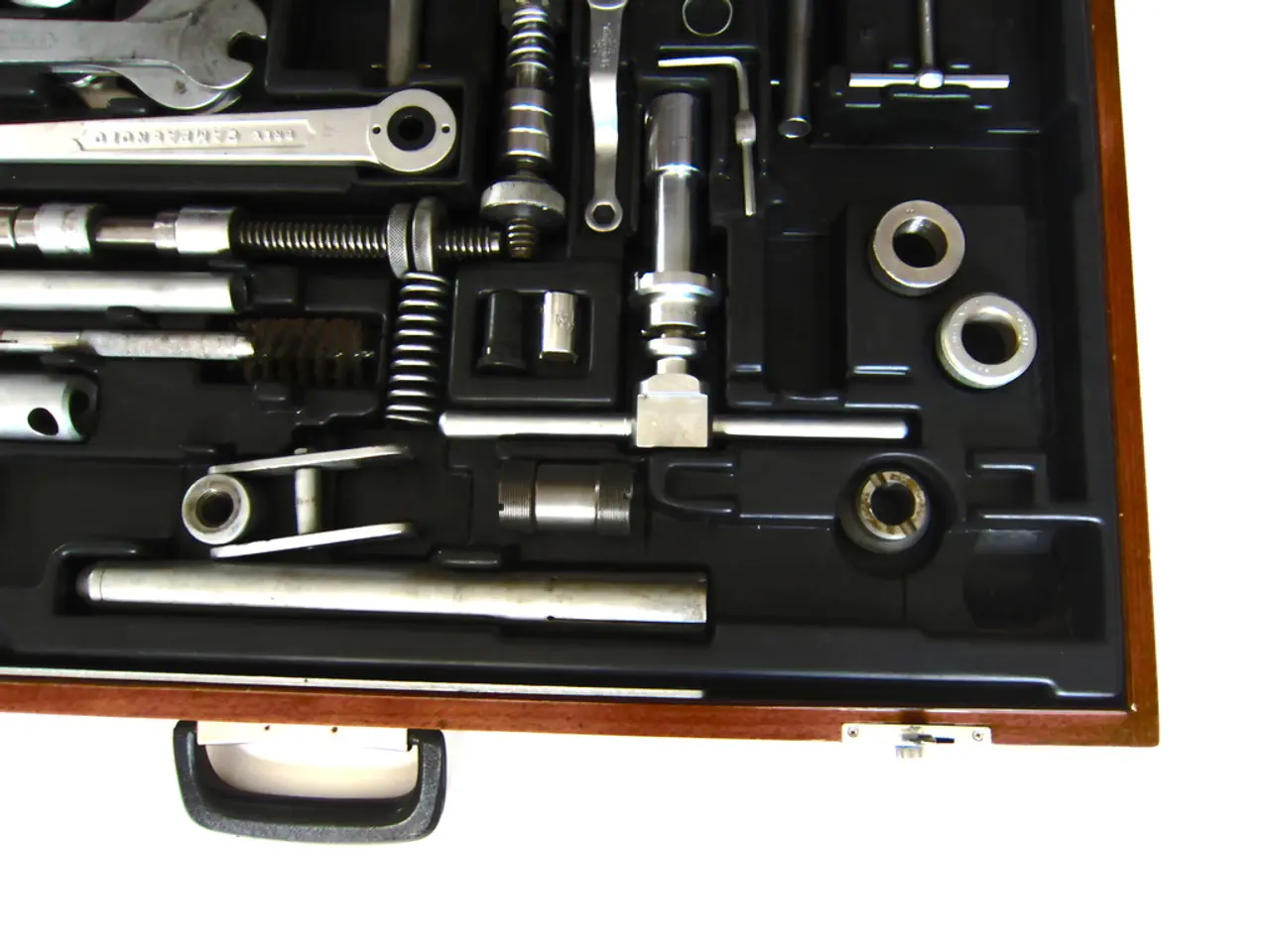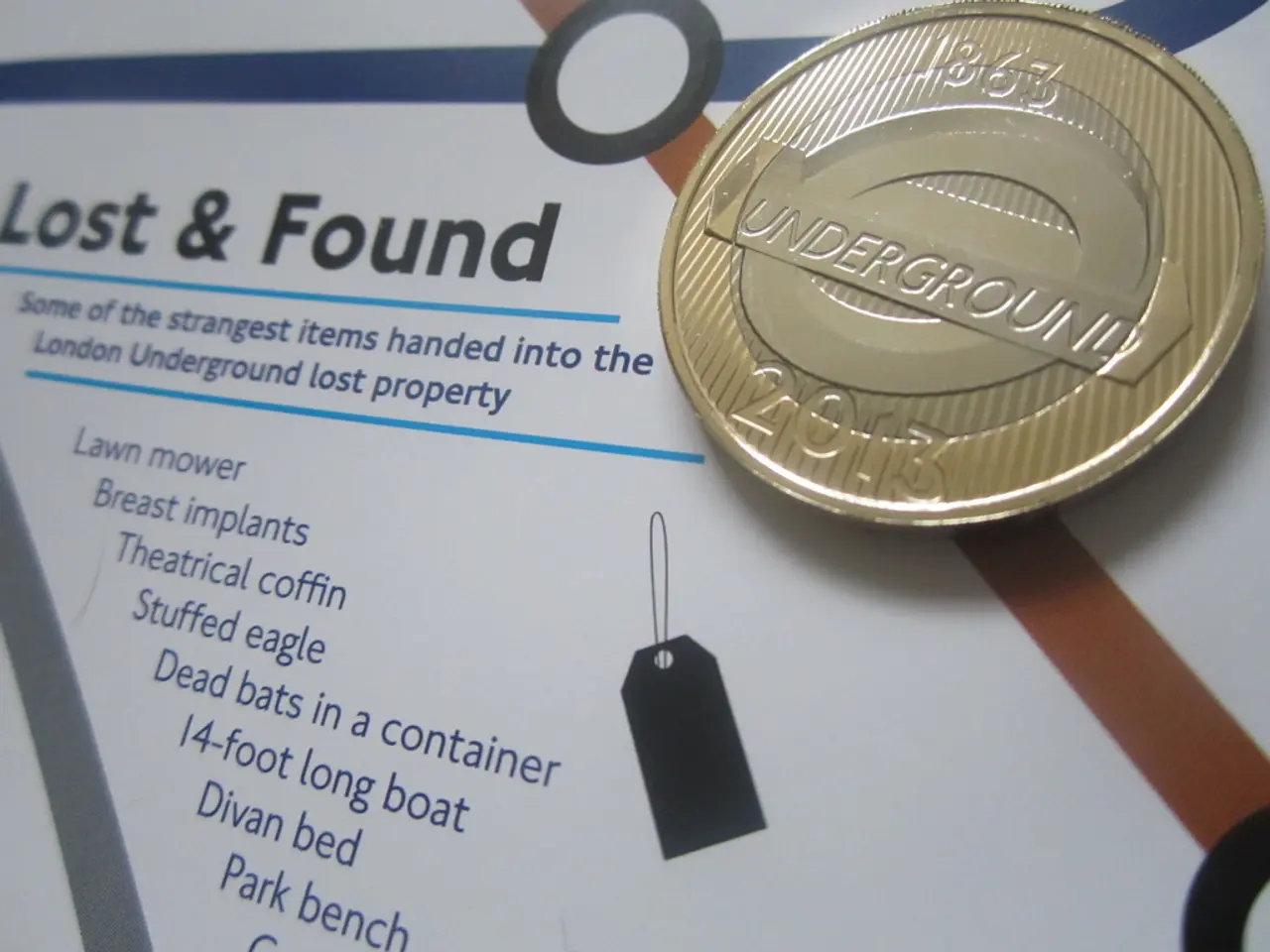Project Management Contractual Arrangements: A Comprehensive Overview
In the realm of project management, contracts serve as the backbone of any successful venture, ensuring both parties' interests are protected and conflicts are minimized. This article delves into three common contract types: Fixed-Price, Cost-Plus, and Time and Materials (T&M), each with its unique advantages and disadvantages.
**Fixed-Price Contracts** offer predictable costs, simplifying budget planning and reducing the risk of cost overruns. Contractors are incentivized to be efficient and complete projects on time to maximize profit margins. However, these contracts can be inflexible, with changes in project scope potentially leading to disputes and reduced profit margins for contractors.
**Cost-Plus Contracts** provide risk reduction for contractors, as they are reimbursed for actual costs incurred. These contracts offer flexibility, allowing for adjustments in scope and budget. However, clients bear the risk of cost overruns, and projects may take longer to complete due to the need for client approval for expenses. Additionally, cost-plus contracts require more administrative work for cost tracking and reimbursement.
**Time and Materials (T&M) Contracts** offer flexibility, enabling changes in project scope without significant contractual adjustments. Projects can begin sooner with minimal upfront planning, making them suitable for projects requiring rapid initiation. However, the total project cost is not fixed, leading to higher than expected expenses, and the final cost and project duration are harder to predict.
Choosing the right contract type is crucial for project success. Fixed-price contracts are commonly employed in the construction business, providing a clear understanding of the final cost of the project. On the other hand, T&M contracts are ideal for projects when the organization lacks precise estimates of the labor hours and materials necessary for project completion.
Project managers should possess a comprehensive understanding of various project management contract options available to negotiate contracts effectively. Fixed-price contracts with economic price adjustments are useful for conducting business across borders or when dealing with currencies that fluctuate from country to country.
In conclusion, the choice of contract type depends on the project's specific needs, the level of scope clarity, and the desired level of risk allocation between the client and the contractor. By understanding the pros and cons of each contract type, project managers can make informed decisions to ensure project success.
| **Contract Type** | **Pros** | **Cons** | |-------------------|----------|----------| | **Fixed-Price** | Predictable costs, simplified bidding, efficiency incentive | Inflexibility, risk of miscalculation | | **Cost-Plus** | Risk reduction for contractors, flexibility, expertise leverage | Financial risk for clients, longer project duration, higher administrative burden | | **Time & Materials** | Flexibility, early start, transparency | Uncertain costs, less predictable outcome |
Project managers in business, particularly those in the construction sector, often opt for Fixed-Price contracts due to their predictable costs, which simplify budget planning. Technology, however, might favor Time and Materials (T&M) contracts, as they offer flexibility, suitable for projects requiring rapid initiation where precise estimates are difficult.




